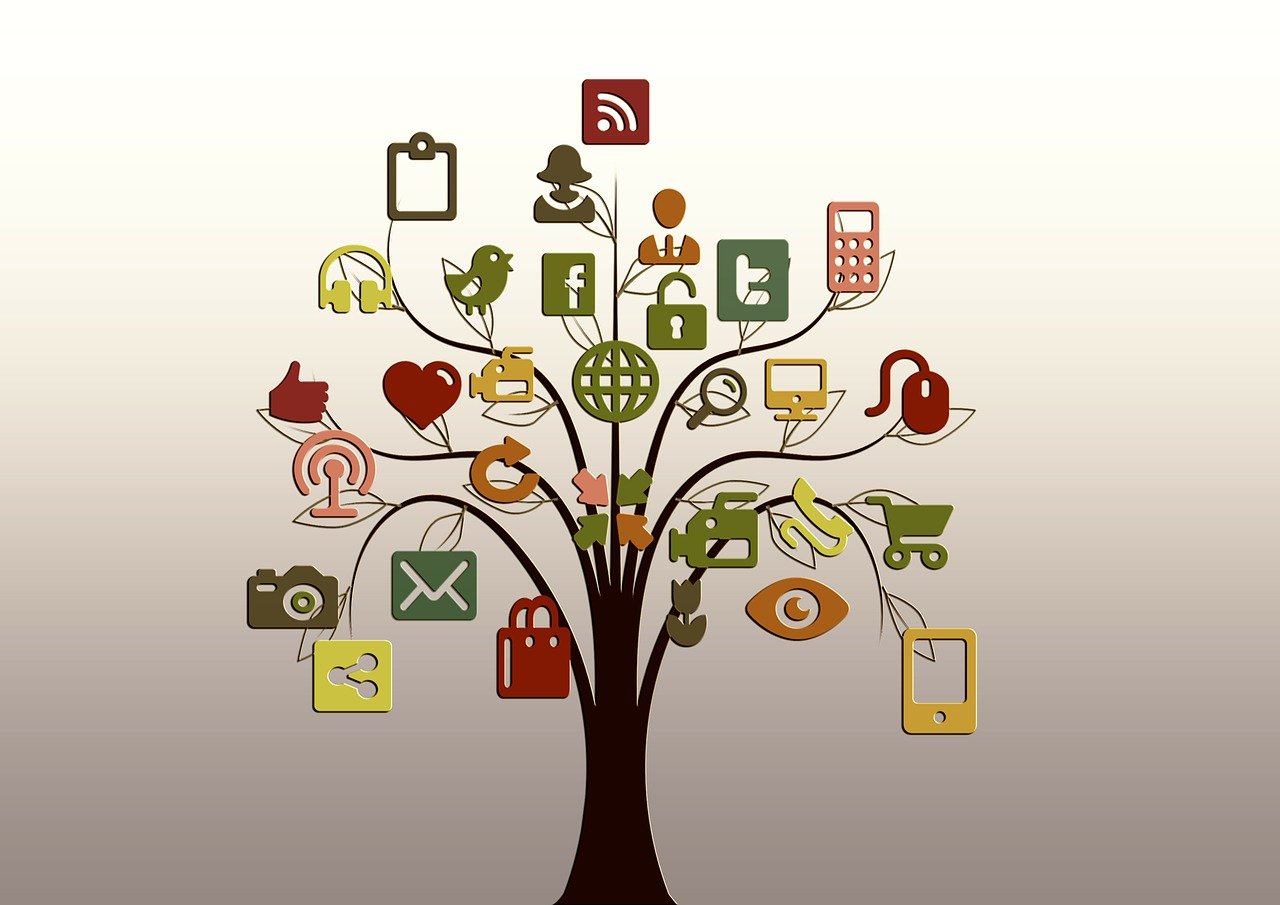
In today’s competitive digital landscape, harnessing the power of artificial intelligence (AI) has become essential for businesses seeking to optimize their marketing strategies. AI tools provide marketers with the ability to automate processes, analyze data at scale, and deliver highly personalized customer experiences. Here’s how you can leverage AI tools to create smarter digital marketing campaigns that drive results.
1. Personalization at Scale
AI-powered tools can analyze vast amounts of customer data to deliver personalized content and recommendations. By understanding user behavior, preferences, and purchase history, AI can help you craft tailored marketing messages that resonate with your audience. Tools like Dynamic Yield and Adobe Target enable brands to offer personalized experiences across multiple touchpoints, enhancing customer engagement and loyalty.
2. Predictive Analytics for Better Decision-Making
Predictive analytics tools like Google Analytics 4, HubSpot, or IBM Watson Marketing use AI algorithms to forecast future trends and customer behaviors. By leveraging these insights, marketers can:
- Identify which channels are likely to deliver the highest ROI.
- Optimize ad spend by targeting high-value customer segments.
- Anticipate customer needs and offer relevant solutions proactively.
3. Automating Repetitive Tasks
AI tools can handle time-consuming tasks such as email marketing, social media scheduling, and customer support. For instance:
- Email Marketing: Platforms like Mailchimp and ActiveCampaign use AI to optimize send times, segment audiences, and craft compelling subject lines.
- Social Media: Tools like Buffer and Hootsuite employ AI to schedule posts at optimal times and analyze performance metrics.
- Chatbots: AI-driven chatbots such as Drift or Intercom provide 24/7 customer support, answering queries instantly and improving customer satisfaction.
4. Content Creation and Optimization
Creating engaging content consistently can be challenging. AI writing tools like ChatGPT, Jasper, and Writesonic assist in generating blog posts, ad copy, and social media captions. Additionally, AI tools like Clearscope and MarketMuse help optimize content for search engines by suggesting relevant keywords and improving readability.
5. Enhanced Ad Targeting and Optimization
AI is revolutionizing the way marketers run paid ad campaigns. Platforms such as Google Ads and Meta Ads Manager incorporate AI to:
- Automatically adjust bids for optimal performance.
- Serve ads to the most relevant audiences based on real-time data.
- A/B test creative elements and determine what resonates best with users.
6. Improved Customer Insights Through Sentiment Analysis
Understanding how your audience feels about your brand is crucial. AI-powered sentiment analysis tools like MonkeyLearn and Lexalytics analyze social media posts, reviews, and survey data to gauge customer sentiment. This insight allows marketers to adjust messaging and address issues proactively, strengthening brand reputation.
7. Smarter SEO Strategies
Search engine optimization (SEO) is a cornerstone of digital marketing. AI tools like SEMrush, Ahrefs, and SurferSEO help marketers:
- Identify high-performing keywords and content gaps.
- Track website rankings and competitor strategies.
- Generate data-driven content briefs to boost organic traffic.
8. Dynamic Pricing Strategies
For e-commerce businesses, AI can analyze competitor pricing, demand fluctuations, and customer behavior to recommend optimal pricing strategies. Tools like Prisync and Dynamic Pricing allow businesses to remain competitive while maximizing revenue.
9. Enhanced Customer Retention with Predictive AI
Retaining customers is more cost-effective than acquiring new ones. AI tools can predict customer churn by analyzing behavior patterns and engagement levels. Solutions like Salesforce Einstein and Gainsight provide actionable insights, enabling marketers to deploy targeted retention strategies such as loyalty programs or re-engagement campaigns.
Final Thoughts
AI tools are transforming the way businesses approach digital marketing by providing actionable insights, streamlining workflows, and enabling hyper-personalized customer interactions. By integrating AI into your marketing strategy, you can enhance efficiency, improve ROI, and stay ahead of the competition.
Start by identifying areas in your campaigns that could benefit from automation or deeper insights. Experiment with AI tools, measure their impact, and continuously refine your approach. The future of marketing is smart, data-driven, and powered by AI—don’t get left behind.







